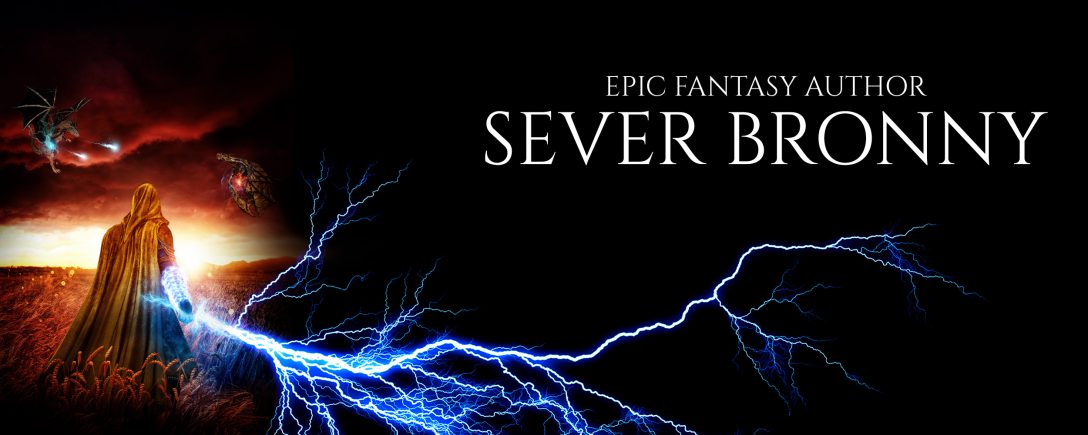
All right, wow. There are four seminal books that have made major impacts on my writing, in the following order:
1. Self Editing for the Fiction Writer by Renni Browne and Dave King.
2. A Writer’s Guide to Fiction by Elizabeth Lyon.
3. On Writing by Stephen King.
4. The Elements of Style by Strunk and White.
But it is, without a shadow of a doubt, Wired for Story that takes the top spot now. Cron has artfully and articulately worded what I, as the writer, have been searching for: just how to write a good story. Not how to flower my language, not how to edit, not the mechanics of writing, but exactly how to consciously write a story that interests the reader.
Can I understate how important this book should be in a writer’s arsenal? *Expletive* NO! It’s written with a clear voice, a voice comfortably familiar with the art of the story. Cron’s experience in writing for film and TV shines through with her ability to efficiently get her points across without the muddle. Her use of neuropsychologists combined with select quotes from known word-brain surgeons like Hemingway buttress the foundation, but it is the upper floors of this structure that yield the greatest fruit.
What exactly makes a story interesting? Check. Exactly when to start one in the character’s life? Check. How to write a quick yet nuanced character biography while leaving out the unnecessary drivel? Check. Differentiate between the banal and the important in a scene; description overuse; narration and exposition errors; conflict and resolution misfires and solutions …
Check, check, and checkmate. And on and on it goes, until by the last page you feel like a cyborg perfectly outfitted for war.
My one minor gripe? A few too many grand questions (specifically, but not exclusive to, the end of the chapters summaries), that left me feeling overwhelmed. I prefer things I can answer, not questions that have infinite possibilities and leave my brain trying to find answers to them even though I’ve moved on already. It’s a pitfall I commonly find in How-to books though, one almost impossible to leave out. A side effect of these questions is one has the tendency to re-read the paragraph again and again in some vain hope one will understand the scope and significance of the question.
But what Cron does best is hammer across what is important. She shatters myth after myth (eg: A story is what the plot is about. WRONG. It’s about how the plot affects the characters!). She concisely explains what loses readers, but rewards you with how to capture them. This isn’t one of those books that only points out the flaws, leaving you groping for guidance like a child without a parent. It is satisfying and comprehensible, a panther of a read written by a master in her craft–and there are few storytelling masters that truly share their secrets in a way the layman can understand.
I wrote six detailed pages of notes. Six. I pre-empted the wear those notes are going to receive in my writer’s binder by applying those O-ring reinforcements to the holes in the paper, for I plan on studying those notes like an eager freshman in medical school.
My final thought? The writers who have read this book will have a superior advantage over those that have not. Period.
Wired for Story on Amazon
A note: I first posted this review on the book’s Goodreads page.
